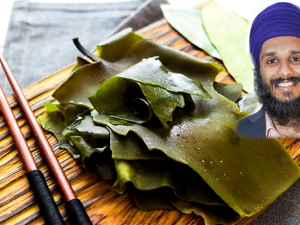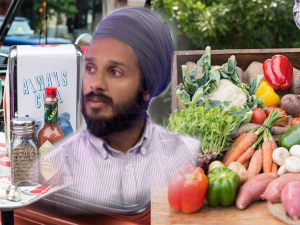In the past decade, our understanding of habits and patterns within our personal lives and on a societal level has expanded. We know a great deal more about the science underlying habits; why they emerge and how they change. We know how to break them and how to rebuild them so that we can live our lives in accordance with our goals and values. We now understand how to empower people to eat less, exercise more, work more efficiently, and live healthier lives. With this improved understanding our attempts to change an existing habit or establish a new one are more likely to be successful.
Most of the choices we make each day may feel like the products of well-considered decision making, but a large body of research suggests that they may not be. One paper published by a Duke University researcher in 2006 found that more than 40 percent of the actions people performed each day weren’t actual decisions, but habits.
Habits are formed through the habit loop of cue – action – reward.
Cue: could be a time , location or emotion. Action: what we do. Reward: the outcome of our action usually a feeling.
For example: I spend too much time on facebook, especially in the mornings. The cue is when I wake up and turn my phone off flight mode and get notifications. The reward is a good feeling I get from having a social interaction.
If I want to change this habit (because I don’t like how much time I spend on facebook) I need to identify the cue, define a different action and give myself a reward (that I want). The neurons for the old habit do not die however if I reinforce this new habit enough the new neuronal pathway for the good habit will become stronger than that for the bad habit and the good habit will become automatic.
Each habit means relatively little on its own. However- over time, the food we eat, what we say to our partners, where we shop, whether we take the stairs on not, all have an enormous impact on our health, work, finance, and happiness.
Video explanation (see below - ED)
--
References
(1) Ann M. Graybiel, “The Basal Ganglia and Chunking of Action Repertoires,” Neurobiology of Learning and Memory 70 (1998): 119–36.
(2) Bas Verplanken and Wendy Wood, “Interventions to Break and Create Consumer Habits,” Journal of Public Policy and Marketing 25, no. 1 (2006): 90–103; David T. Neal, Wendy Wood, and Jeffrey M. Quinn, “Habits—A Repeat Performance,” Current Directions in Psychological Science 15, no. 4 (2006): 198–202.
--
Harbir Singh
M.OstMed
barefootdoctors.co.uk/
|
Habit change.
Change your habits, change your life. 90% of what we do day to day is out of habit. If so much of what we do is habitual, think of the impact of forming a single bad habit, on our lives. If we can change our negative habits for positive ones, which are aligned with our life goals, we can completely transform our lives. For example: I spend too much time on fb especially in the mornings. The cue is when I wake up and turn my phone off flight mode and get nofications. The reward is a good feeling I get from having a social interaction. If I want to change this habit (because I don't like how much time I spend on fb) I need to identify the cue, define a different action and give myself a reward (that I want). The neurons for the old habit do not die however if I reinforce this new habit enough the new neuronal pathway for the good habit will become stronger than that for the bad habit and the good habit will become automatic.#habit #habits #lifechanging #lifechange akaur06 Just what I needed to read to make some changes! ?? #psychologybarefootdocs @thanks. I will do a more detailed write up with links to resources on the blog in a few days. We are all a work in progress |






